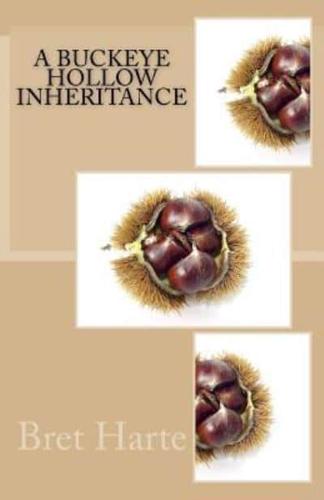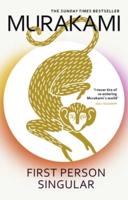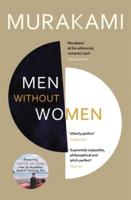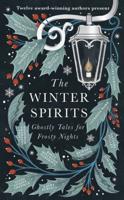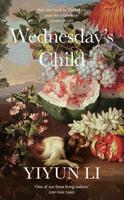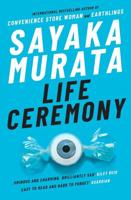Publisher's Synopsis
Francis Bret Harte (August 25, 1836- May 5, 1902) was an American author and poet, best remembered for his accounts of pioneering life in California. Bret Harte was born in Albany, New York, on August 25, 1836. He was named Francis Brett Hart after his great-grandfather, Francis Brett. When he was young his father, Henry, changed the spelling of the family name from Hart to Harte. Henry's father - Bret's grandfather - was Bernard Hart, an Orthodox Jewish immigrant who flourished as a merchant, becoming one of the founders of the New York Stock Exchange. Later, Francis preferred to be known by his middle name, but he spelled it with only one "t", becoming Bret Harte. An avid reader as a boy, Harte published his first work at age 11, a satirical poem titled "Autumn Musings," now lost. Rather than attracting praise, the poem resulted in his family's ridicule. As an adult, he recalled to a friend, "Such a shock was their ridicule to me that I wonder that I ever wrote another line of verse." His formal schooling ended when he was 13 in 1849. He moved to California in 1853, later working there in a number of capacities, including miner, teacher, messenger, and journalist. He spent part of his life in the northern California coastal town of Union (now Arcata), a settlement on Humboldt Bay that was established as a provisioning center for mining camps in the interior. The 1860 massacre of between 80 and 200 Wiyots at the village of Tuluwat was well documented historically and was reported in San Francisco and New York by Harte. When serving as assistant editor for the Northern Californian, Harte editorialized about the slayings while his boss, Stephen G. Whipple, was temporarily absent, leaving Harte in charge of the paper. Harte published a detailed account condemning the event, writing, "a more shocking and revolting spectacle never was exhibited to the eyes of a Christian and civilized people. Old women wrinkled and decrepit lay weltering in blood, their brains dashed out and dabbled with their long grey hair. Infants scarcely a span long, with their faces cloven with hatchets and their bodies ghastly with wounds." After he published the editorial, his life was threatened and he was forced to flee one month later. Harte quit his job and moved to San Francisco, where an anonymous letter published in a city paper is attributed to him, describing widespread community approval of the massacre. In addition, no one was ever brought to trial, despite the evidence of a planned attack and references to specific individuals, including a rancher named Larabee and other members of the unofficial militia called the Humboldt Volunteers.
